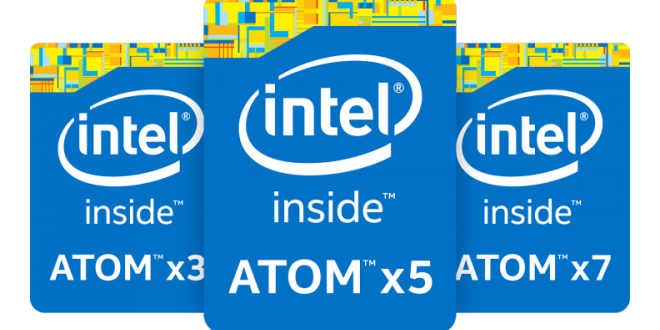Intel has officially killed off the Atom line for phones an tablets, effectively putting an end to current attempts to break into mobile computing. Forbes Contributor Patrick Moorehead was able to confirm that the upcoming Broxton and SoFIA poducts would not see the light of day.
Atom is a small-core x86 design that came to fame with Asus’ launch of the original EeePC. While not using an Atom, it kicked off the netbook craze that would lead to Intel shipping a large number of chips for these low cost, low power laptops. They became popular for both consumers and hobbyists seeking to build small microservers that did not need the power of larger contemporary cores such Intel’s Nehalem or AMD’s Deneb. Atoms currently on the market are found in products ranging from inexpensive tablets to more mainstream products such as the Microsoft Surface 3.
Intel has struggled to break into phones and tablets, where ARM processors, typically from Qualcomm, have reigned supreme. They have had some success with devices like the Motorola Razr i and various tablets, but x86 has not been a popular choice. Despite Intel’s fabrication ability being superior to TSMC, GlobalFoundries, and Samsung, x86 CPU’s have typically used higher power and had higher TDP, which negatively affects battery life and makes them less desirable for mobile devices focused on battery life. Intel often had to give incentives in a “contra revenue” system, assisting with design and marketing for OEM’s that would use its chips in their products.
This announcement comes a week after a lackluster quarterly report, in which Intel has said it is planning to cut 11% of their workforce over the next year, and transition their focus to higher growth areas such as data center, cloud, and IoT solutions. However, it seems Atom will be around in some form for a little while. The Apollo Lake platform and Goldmont platform were announced within this year, but nothing for Atom appears past that on Intel's roadmaps.
Quick Take
It seems like it’s the end of an era. My first laptop was a Dell Mini 9 with a Diamondville Atom and a mini-PCIe SSD, which I thought was great because everything was passively cooled and it was a truly solid state computer that I could run full Linux on. I’d expect Intel to promote Core M as a replacement for devices like the Microsoft Surface that previously used Atom if the line is entirely discontinued, though that will prove too expensive for inexpensive tablets that were profitable because of contra-revenue.







